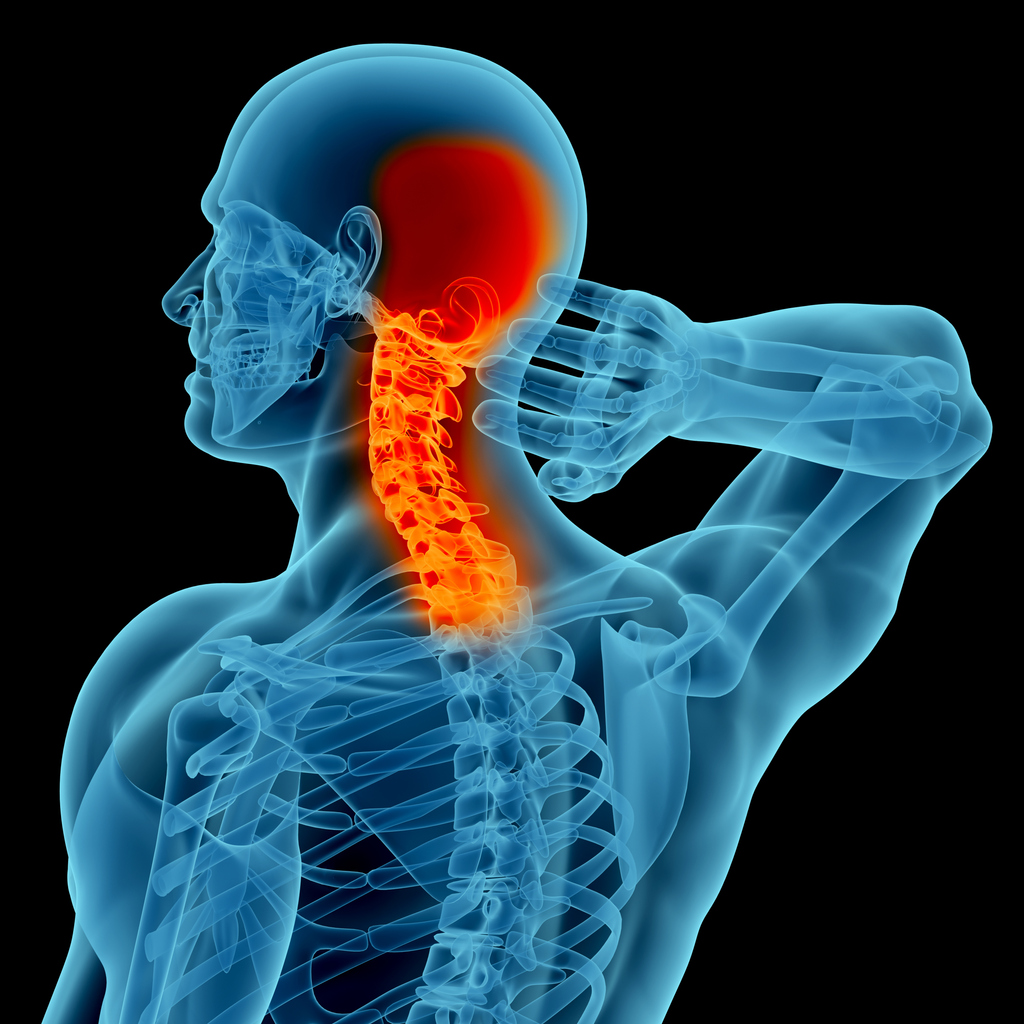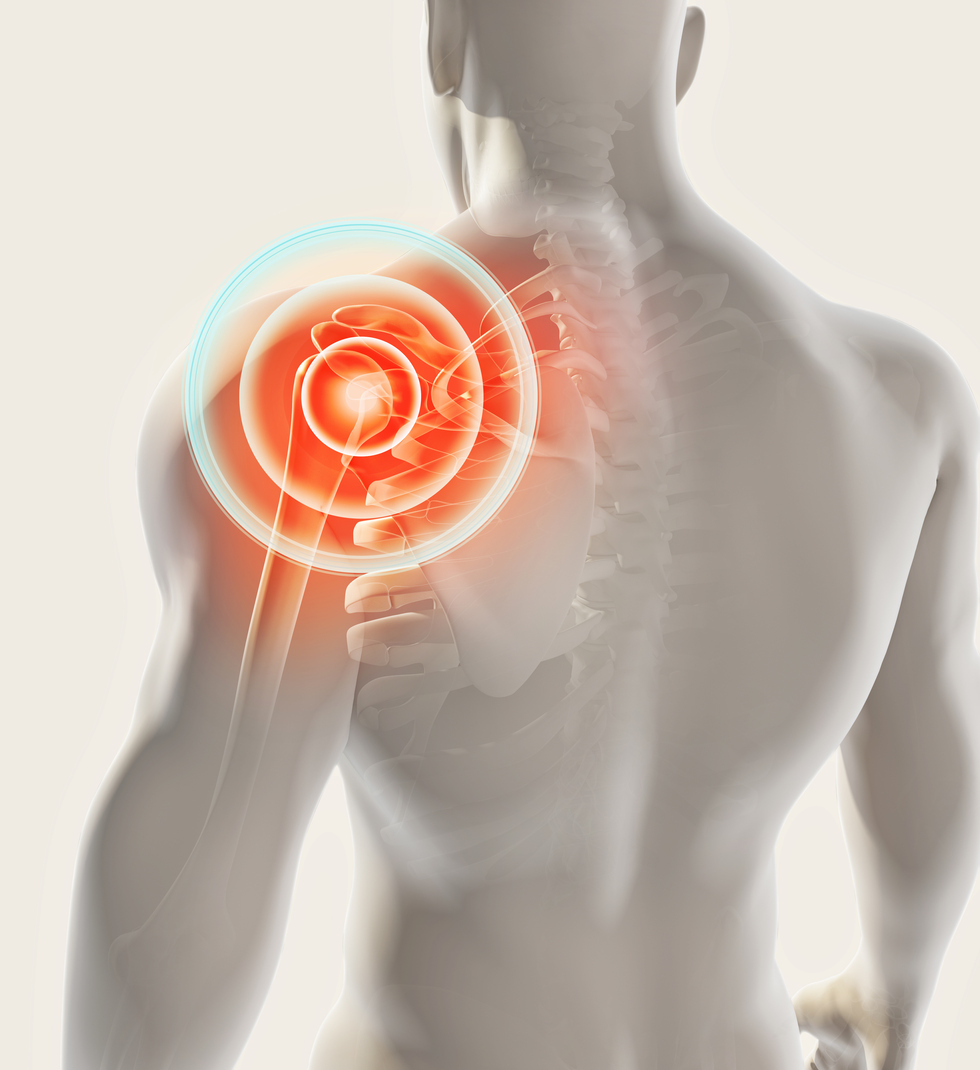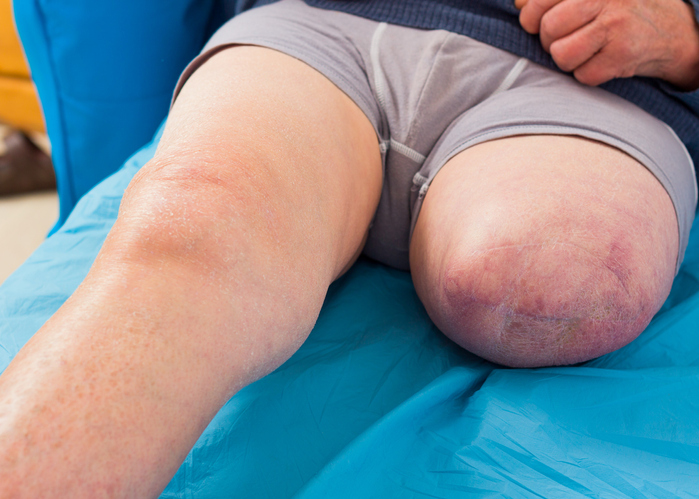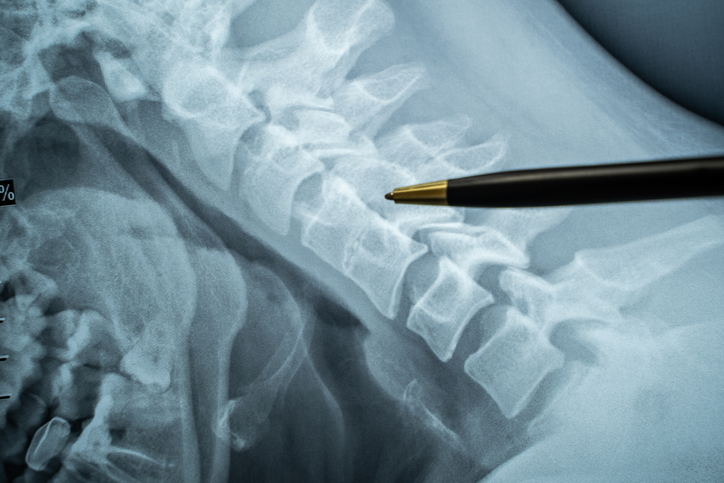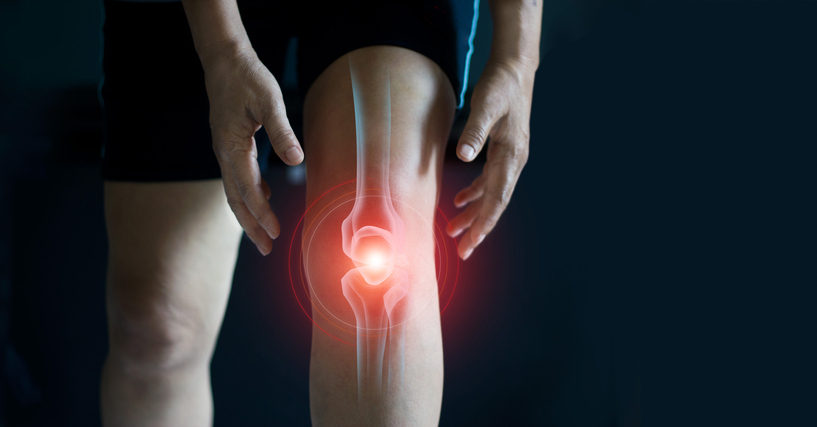Pain
What Is Hyperesthesia?
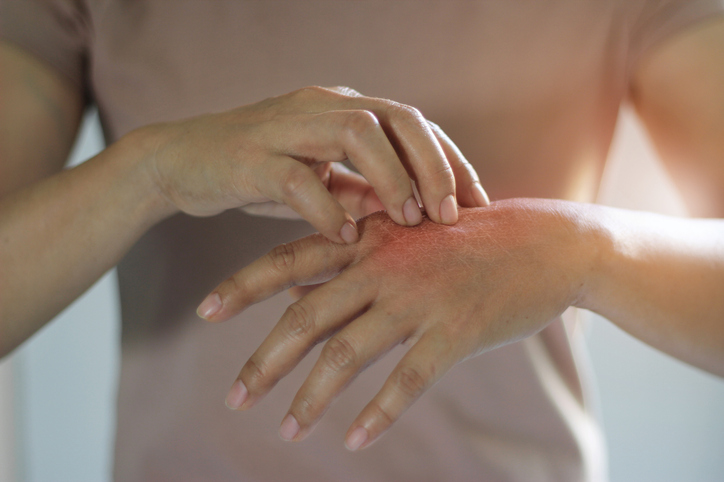
Hyperesthesia presents as a heightened sensitivity to any of the five basic senses: sound, sight, taste, touch and smell. Depending on which sense is affected, this hypersensitivity can cause pain. In some cases, only one sense is affected; in other cases, all senses are affected. When only one sense is heightened, it is often categorized into a specific hyperesthesia. For example, heightened sensitivity to sound is called auditory sensitivity. When touch is affected, it is referred to as tactile sensitivity. Hyperesthesia also includes both allodynia and hyperalgesia .
Symptoms
Hyperesthesia symptoms vary, depending on which of the five senses are affected; symptoms also range from mild to severe. Individuals who have auditory sensitivity may hear loud sounds that cause them pain when, in actuality, no sound has occurred. Individuals who experience tactile sensitivity may experience severe pain when nerves are activated. Individuals with smell sensitivity may experience a wide range of scents when scent stimuli are not present. Individuals who experience a combination of the types of hyperesthesia may experience any of the above symptoms. In rare or severe cases, hyperesthesia can disturb an individual’s nervous system, causing inflammation of the nerves and resulting in possible seizures. Hyperesthesia can be short-term, episodic or long-term, depending on the cause.
Causes
Because hyperesthesia is varied in nature, there is no singular cause. Hyperesthesia can occur on its own or as the result of another medical condition. It is thought that hyperesthesia may develop as a result of overstimulation of the nervous system (e.g. drinking too much caffeine) or as a result of injury or damage to nerves. Health conditions which can cause hyperesthesia include, but are not limited to, the following:
- Skin rashes
- Shingles
- Viral infections
- Nerve compression injuries
- Nerve damage
- Vitamin B-12 deficiency
- Autism
- Fragile X syndrome
- Attention deficit hyperactivity disorder (ADHD)
- Diabetes










